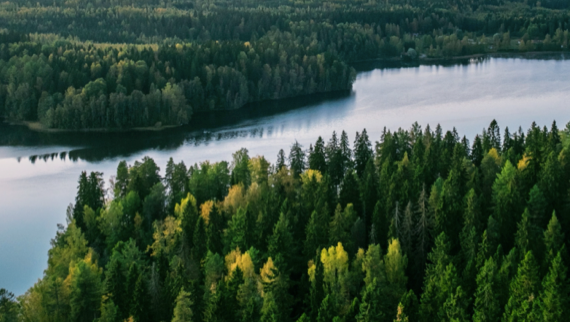Reading through the 2021 Tetra Pak Sustainability Report it’s so encouraging to feel that our decision to embrace carton packages way back in 2005 comprehensively vindicated. The actual decision is one my ‘inner mind’ had already decided on 6 years prior to that, when I first began researching the wonderful world of water, beyond reading National Geographic, in preparation for my leadership role with South East Water.
It seemed such a no-brainer, as we used to call the only viable decision based on a range of possibilities, that aseptically sealed, low-carbon impact carton packages, which protect their ingredients from light and air, simply must be the optimum ‘convenience package’ for storing and dispensing / retailing / vending still potable water.
So why then has it taken so long for the carton package to finally become accepted by the public, with many markets around the world still resolutely holding on to their plastic bottles and refusing to consider any alternative solutions?
That would come down to economics, where the very ‘cheapness’ of plastic both drives its incessant consumption and mandates it to have no value post use! But this article isn’t about plastic per se, so back to the sustainability report…
Funny how it was the Tetra Pak PROTECTS WHAT’S GOOD™ slogan that initially attracted my ‘inner mind’ to consider their packages, whereas it was a 30-year water industry professional Process Scientist who convinced me it was a great idea! Tetra Pak sold >183 Bn carton packages in 2020, of which 49 Bn were recycled at >170 carton recycling facilities worldwide. >500Bncarton packages with the FSC™ Certified content logo, have been produced to date, which is a significant milestone in the journey to promote responsible sourcing and contribute to a low-carbon circular economy!
If you have some time, do please bookmark and have a read of the thoroughly professional report – I’ll pre-warn you that it’s a long read BUT If consumption trends continue as projected, the world will need to increase food production by 70% to feed more than 9 billion people adequately in 2050, according to the UN FAO. Yet one third of the food produced for human consumption is lost or wasted globally each year! This is why PROTECTING WHAT’S GOOD™ has never been more I important than now! #ditchtheplastic


Share:
Celebrating 15 Years of Aquapax!
The Benefits of Pure Mineral Spring Water